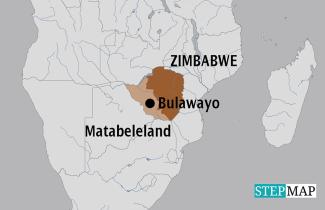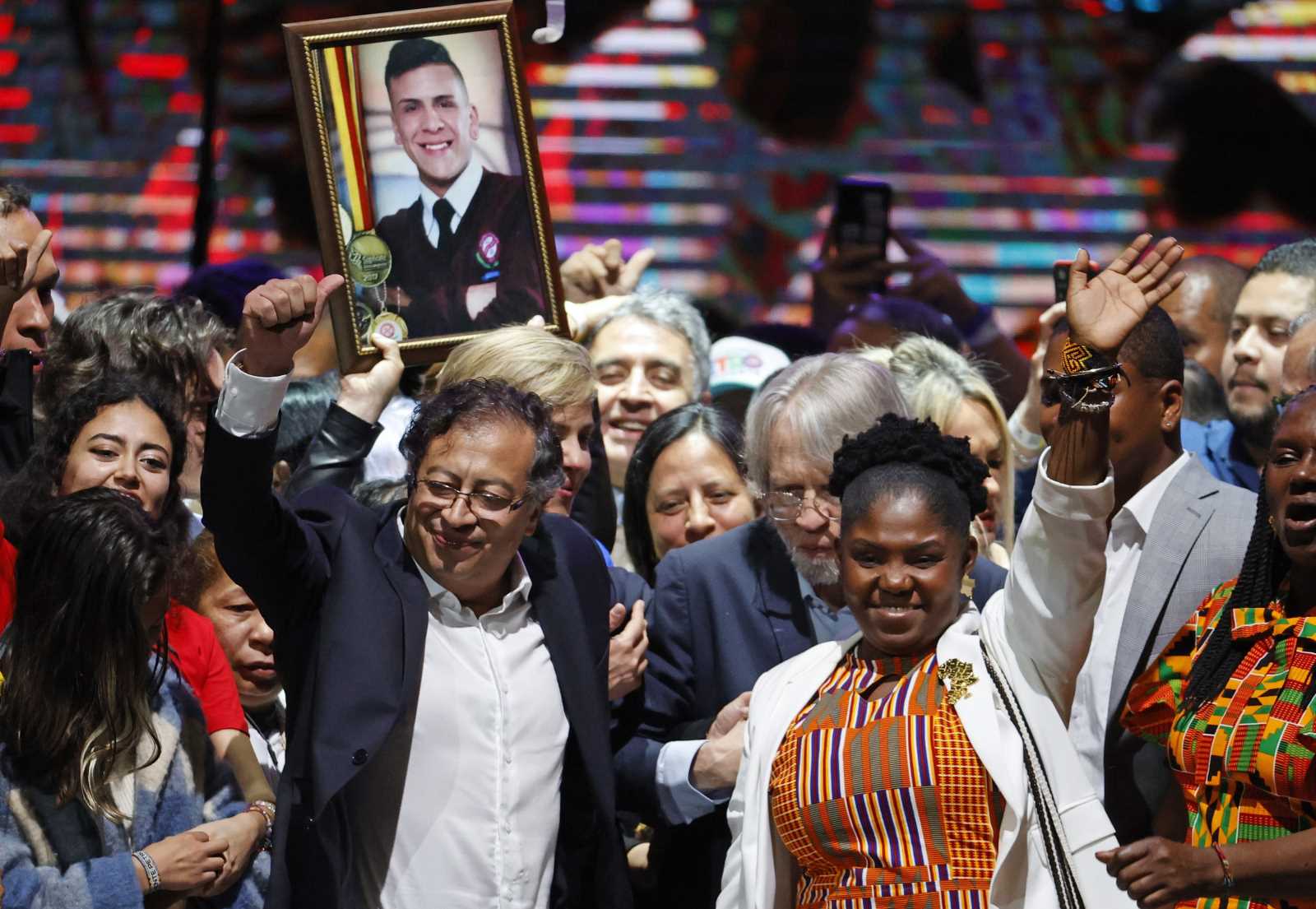Internet
Why media literacy matters in Zimbabwe

To assess the reliability of information, it is essential to check and verify sources of information. When an author only quotes one source and does not include other views, a story is less trustworthy. Whether it is coherent and logically consistent matters too. Comparing the content of individual messages and articles with other information is useful too. In doubt, it makes sense to consult knowledgeable people. When dealing with photographs, one should check whether identifiable landmarks are correct and whether other pictures show the same scene in a very different perspective.
Users of social-media platforms and new portals, moreover, must know that something is not simply true because it goes viral and is reiterated in many places. As a matter of fact, disinformation is often spread in a sensationalist and catchy way. It differs from unintentional misinformation in the sense of being designed to mislead as many people as possible. Media literacy means that a person knows these things.
Unfortunately, school education pays little attention to media literacy even in countries with high incomes, as the excited debate on fake news has shown in recent years. In low and middle income countries, things tend to be worse – and that is particularly true where governments have authoritarian attitudes. In Zimbabwe, the party that orchestrated genocidal violence four decades ago is still in power (see main story).
The CITE trains individual persons at the local level to assess messages diligently before reaching a conclusion or forwarding them. The young generation matters in particular. On the one hand, they are avid users of digital technology, on the other, they have little knowledge of what happened in Matabeleland four decades ago. At the same time, it is important to detect current disinformation that keeps being used strategically.
Telling one’s own stories
The project also makes an effort to teach them how to tell their own stories on digital platforms. Young people deserve to learn how to use their mobile phones and social-media platforms effectively. The CITE courses thus include the production of text, images and videos.
The starting point for the media-literacy workshops is to make people in Matabeleland aware of how disinformation became a weapon in the Gukurahundi genocide. That includes providing information from reliable sources, which are indeed available on the internet.
Another important topic is digital security. There is a general tendency to use predictable passwords such as birth dates of the names of loved ones. Many people use the same password for every account they have online. Far too many share their passwords freely. They need to learn that unsafe passwords put them at risk of being attacked and losing stored information as well as money.
Zenzele Ndebele heads the independent Centre for Innovation & Technology (CITE) in Bulawayo, Zimbabwe. This contribution is based on a presentation of his and his team’s at the 2022 annual FOME conference in Hamburg. It was hosted by the Interlink Academy on behalf of German organisations that support independent media in developing countries. FOME stands for “Forum Medien und Entwickung“ (Forum Media and Development).
https://twitter.com/zenzele
https://cite.org.zw/
Bhekizulu Tshuma is a journalist and media scholar at the Bulawayo-based National University of Science and Technology.












